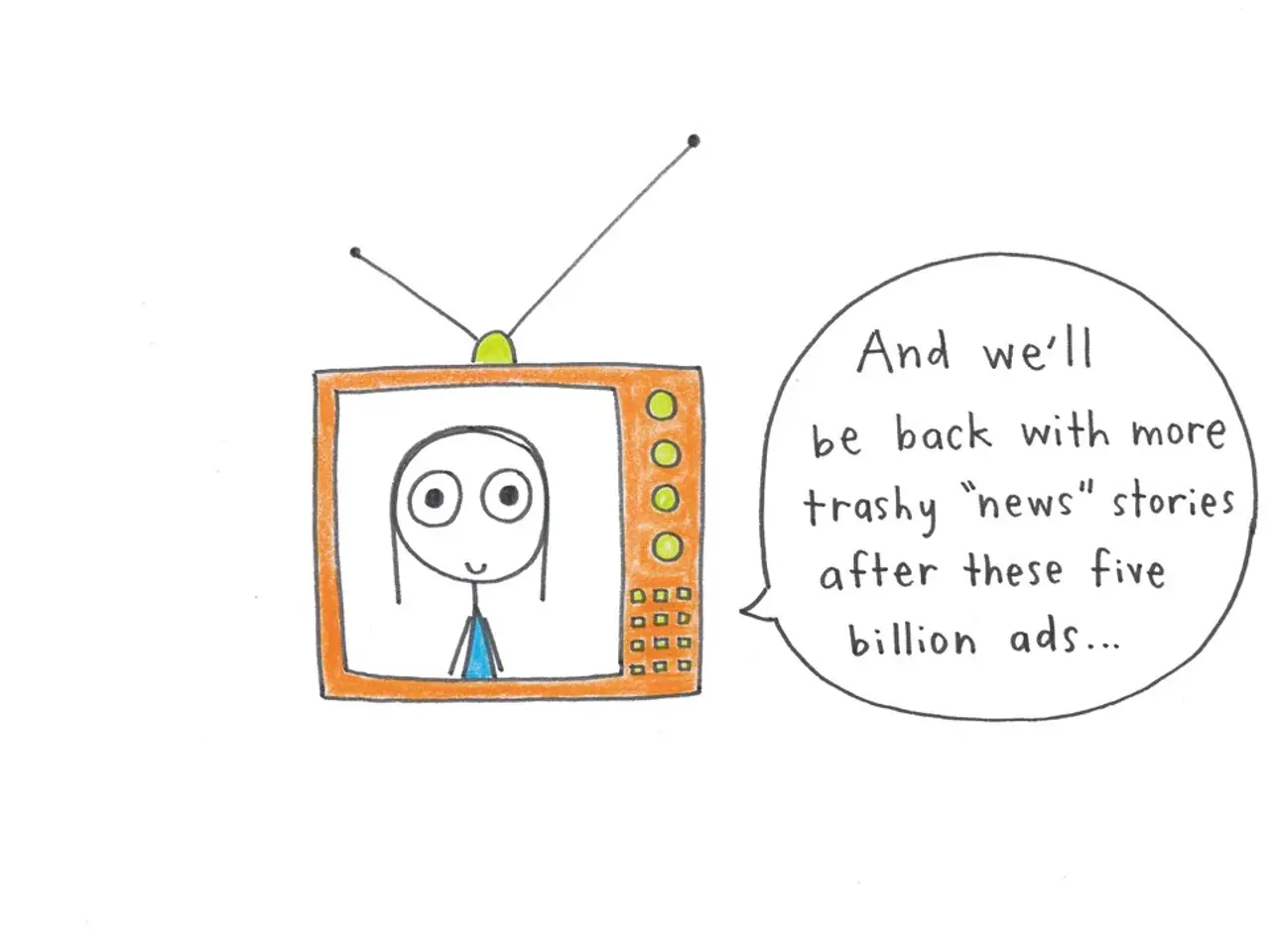Film Production Company in India Contends With Criticism for Unauthorized Release of AI-Alteration Movie Without Director's Approval
In the world of cinema, a heated debate has arisen surrounding the re-release of the 2013 film Raanjhanaa. The controversy centres on an AI-modified ending that changes the film's emotional core and narrative impact, without the consent or involvement of the original creative team.
Director Aanand L. Rai, the mastermind behind Raanjhanaa, has strongly condemned this altered version, calling it an "unauthorised" and "betrayal" of the film's original vision. In a public statement, he described the AI-edited ending as "deeply disrespectful," stripping the work of its original intent, context, and soul. He emphasised that neither he nor his team participated in nor endorsed the modification.
Lead actor Dhanush, who played the character Kundan, echoed Rai's sentiments, describing the alternate ending as having "stripped the film of its very soul." He highlighted that the modification was done despite his clear objections. Dhanush warned that using AI to alter finished films without creator consent sets a concerning precedent that threatens the integrity of storytelling and film legacy.
AI critics, such as David Gerard of pivot-to-ai.com, believe Eros International's use of AI to modify Raanjhanaa is an "obvious" stunt, citing the inability of AI to follow scripts or directions. Equity, a UK-based arts and entertainment trade union, supports Rai's view and calls for legislation to protect creatives from unethical AI applications.
Eros International, the film’s producers, have not explicitly detailed their official stance in the available search results. The re-release was presented as an effort to reach new audiences, but without the original creators’ consent, leading to criticism from both the director and actor.
The union states that AI should not be used to alter or synthesise artistic output without the consent of the creatives involved and that they should be fairly remunerated for such usage. Rai's production company Colour Yellow is currently in a dispute with Eros over the rerelease.
The new ending is claimed to be more culturally sensitive for Tamil audiences. However, the controversy raises questions about the ethical boundaries of using AI to modify finished artistic works, potentially damaging originality, emotional impact, and ethical standards in cinema.
Eros International CEO Pradeep Dwivedi states that only a small portion of the film has been modified, limited to the final act of the narrative, and the original version will remain available. He denies that the rerelease was a distraction from ongoing legal and regulatory disputes with Colour Yellow.
The debate over Raanjhanaa's AI-generated ending taps into ongoing controversies surrounding the role of AI in the film industry. The 2023 SAG-AFTRA strike is one example of the industry grappling with these issues. Eros plans to continue using AI, reviewing its library of more than 4,000 properties on a case-by-case basis, depending on legal rights and cultural and creative relevance.
As the debate continues, it remains to be seen how this controversy will shape the future of AI in filmmaking, and whether stricter regulations will be put in place to protect the artistic integrity of films.
- The Entertainment union, similar to Equity, has advocated for laws to safeguard creators from unethical AI applications in the Movies-and-TV industry, akin to the debate surrounding the use of AI in the filming of Raanjhanaa.
- In response to concerns about the moral implications of using AI to modify finished films, such as the case of Raanjhanaa, ETH (Ethereum) blockchain technology could potentially be leveraged to create decentralized platforms for creative ownership and consent, ensuring a more secure and ethical future for digital content in the entertainment industry, including the realm of ico (initial coin offerings).







